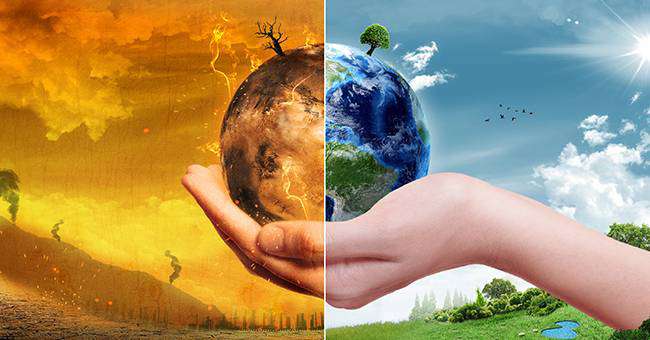"Hydrometeorology and Monitoring Center" Director of SNOC Levon Azizyan wrote on his Facebook page:
"The rise in temperature on Earth will cause profound climate changes. The international scientists discussed it in their work in Nature Communications magazine.
The study looks at four natural systems crucial to Earth's climate: the Atlantic currents, the Amazon rainforest, and the Arctic and Antarctic glaciers. As global temperatures increase, destroying at least one of these systems will lead to a domino effect and a turning point in developing the planet's climate.
It has been established that if current climate trends continue, there is a 45% risk of a flashpoint in this century. The risk will also increase for every 0.1° increase in temperature above the 1.5° threshold.
Scientists have concluded that avoiding a tipping point will require reaching and maintaining net zero greenhouse gas emissions by 2100. The study's findings underscore that only aggressive emission reductions in the current decade can be critical to global security.
UN Secretary-General Antonio Guterres said that the Earth's temperature could increase by 2.8 degrees by the end of the century if countries do not radicalize their decarbonization strategy. The critical agreement in this area is the 2015 Paris Climate Agreement, which calls for action to limit global temperature increases to 1.5 °C, with a maximum of 2 °C by 2100."




















